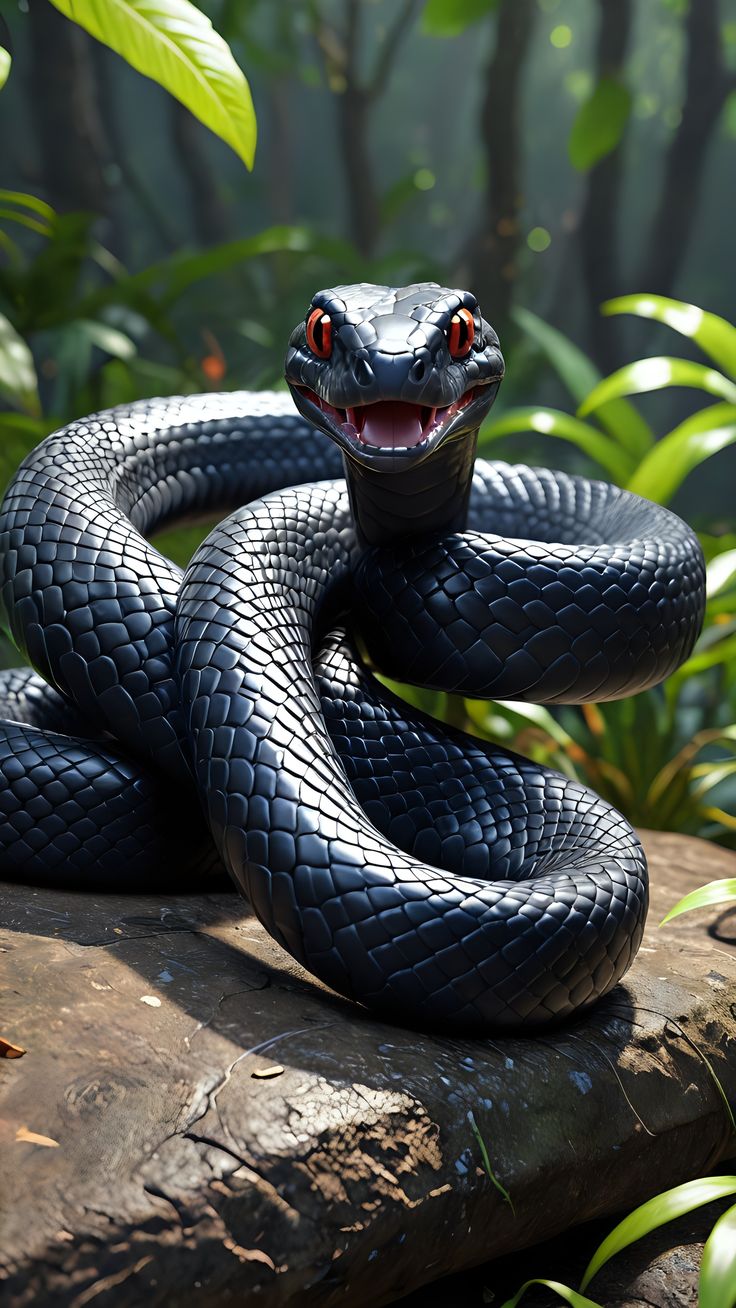SCIENCE

MAN WHO INJECTED SNAKE VENOM FOR 18 YEARS MAY HOLD KEY TO UNIVERSAL ANTIVENOM, SAY SCIENTISTS
Man Who Injected Snake Venom for 18 Years May Hold Key to Universal Antivenom, Say Scientists
In a groundbreaking study that could redefine snakebite treatment, scientists have uncovered a potential path to a universal antivenom—thanks to the blood of a man who has spent nearly two decades deliberately injecting himself with venom from the world’s deadliest snakes.
Tim Friede, a former truck mechanic from the U.S., has endured over 700 venom injections and more than 200 bites from snakes such as mambas, cobras, taipans, and kraits. His goal? To build immunity not just for self-preservation, but to help develop a globally accessible treatment for the 5.4 million people bitten by snakes each year—140,000 of whom die, with hundreds of thousands more suffering amputations or permanent disabilities.
Now, researchers say his efforts may have produced something truly unprecedented: antibodies in his blood that offer broad protection against fatal snake venom doses across multiple species.
From Risky Experiment to Scientific Breakthrough
Initially, Friede’s mission was personal. As a snake handler and enthusiast, he wanted to protect himself against potentially lethal bites. But what began as self-immunization—documented in dramatic YouTube videos—soon evolved into a quest to save others.
Speaking to the BBC, Friede recalled a near-fatal incident early in his journey: two cobra bites in rapid succession left him in a coma. “I didn’t want to die. I didn’t want to lose a finger. I didn’t want to miss work,” he said.
Despite the risks, he pressed on. “It just became a lifestyle,” Friede added. “I just kept pushing and pushing and pushing as hard as I could — for the people who are 8,000 miles away from me who die from snakebite.”
A Revolutionary Approach to Antivenom
Traditional antivenoms are developed by injecting venom into animals, such as horses, and then harvesting the antibodies produced. But these treatments are species-specific, requiring an exact match between the venom and the antivenom. Even within a single snake species, geographical variation can diminish a treatment’s effectiveness.
That’s where Friede’s blood comes in.
Researchers from biotech firm Centivax, led by Dr. Jacob Glanville, partnered with immunologists from Columbia University to study Friede’s immune response. They sought broadly neutralizing antibodies — a rare type of immune defense that targets common structural features shared across venom types, rather than focusing on what makes each one unique.
"When I learned about Tim, I thought, ‘If anybody in the world has developed these antibodies, it’s him,’” said Dr. Glanville. “So I reached out and, during our first call, I said, ‘This might be awkward, but I’d love to get my hands on some of your blood.’”
Friede agreed, and the research was greenlit on the condition that only blood would be taken, not more venom.
Historic Results Against Deadly Elapids
The team focused their work on elapids, a family of venomous snakes that includes cobras, kraits, mambas, and taipans. These snakes primarily use neurotoxins, which paralyze muscles and can quickly lead to death by respiratory failure.
Analyzing blood samples from Friede, scientists tested antibodies against venom from 19 elapid species listed by the World Health Organization as among the most dangerous. The results were published in the journal Cell.
The researchers isolated two broadly neutralizing antibodies capable of targeting two distinct classes of neurotoxins. A third synthetic drug was added to the mix to expand coverage. In lab tests, this antibody cocktail protected mice from lethal doses of venom from 13 of the 19 species tested. The remaining six showed partial protection.
“This level of cross-species protection is unparalleled,” said Dr. Glanville, adding that the cocktail likely covers many elapid species for which no antivenom currently exists.
Toward a Universal Cure
The team is now working to refine their formulation by adding a fourth antibody, which could potentially close the protection gap and offer complete coverage against elapid venoms. They are also beginning investigations into other toxin types used by vipers, which kill by attacking blood and tissues rather than the nervous system.
“There are about a dozen broad toxin classes in snake venom,” said Professor Peter Kwong of Columbia University. “I think in the next 10 or 15 years, we’ll have something effective against each one of those classes.”
Expert Reactions and Cautionary Notes
Snakebite researchers have responded positively but cautiously to the study.
Professor Nick Casewell, head of the Centre for Snakebite Research at the Liverpool School of Tropical Medicine, called the findings “certainly novel” and “a strong piece of evidence” that broad-spectrum antivenoms are a viable goal.
However, he stressed that “there is much work to do,” including extensive clinical trials, before any product could be approved for human use.
A Personal Triumph
For Friede, the research offers a profound sense of validation for his unconventional mission. “It makes me feel good,” he said. “I’m doing something good for humanity and that was very important to me. I’m proud of it. It’s pretty cool.”
As science pushes closer to a universal antivenom, it may owe a surprising debt to the man who taught his immune system to survive what most would never dare face.
Disclaimer: This article is intended for informational purposes only and does not constitute medical or scientific advice. Always consult qualified professionals before making decisions related to health or medicine.
"This represents a significant development in our ongoing coverage of current events."— Editorial Board









